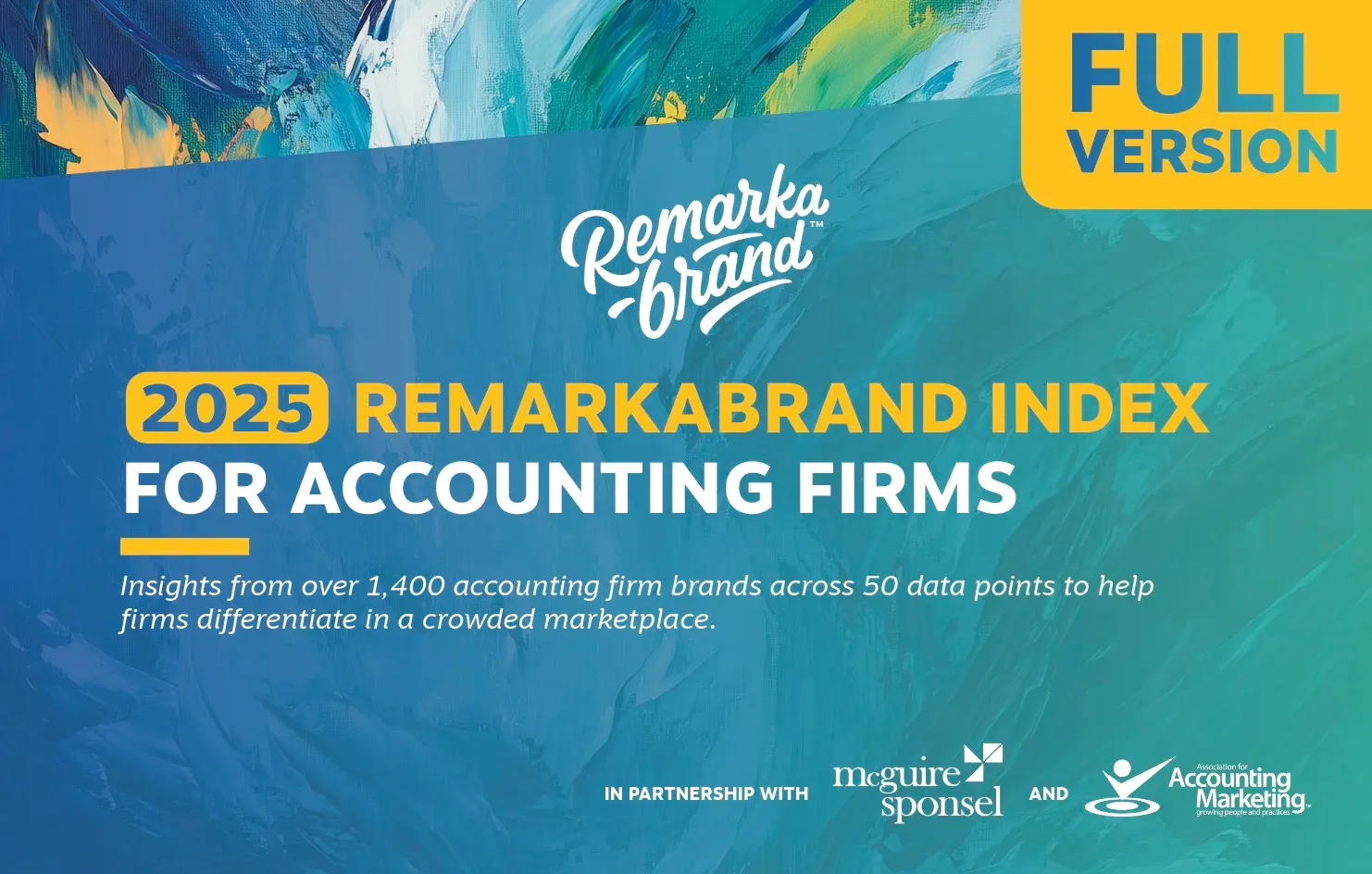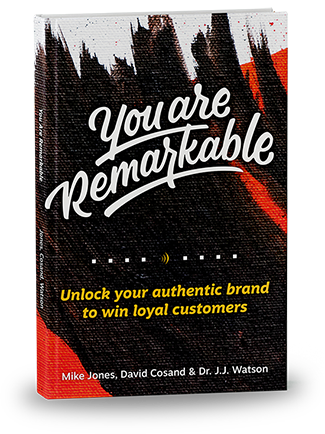I walked into Boston’s convention center for HubSpot INBOUND 24 with 12,000 other marketers last month, and I couldn’t help but admire what HubSpot has built. Their annual conference stands as a masterclass in brand building – from the ticket pricing strategy to vendor engagement to the overall experience.
But as a first-time attendee at HubSpot INBOUND 24, focused on helping professional services firms build remarkable brands, I left with mixed feelings about the conference’s value for marketers like us. Let me break down what worked, what didn’t, and what it means for professional services marketing.
The Good: Actionable Insights That Matter
The most valuable sessions at HubSpot INBOUND 24 delivered specific, implementable tactics rather than vague strategies or trendy buzzwords.
I found Jay Schwedelson‘s email marketing sessions particularly valuable for their practical approach and data-driven insights. He was one of the few speakers who gave us concrete email marketing tips we could use immediately. Jay’s email marketing strategies shared aligned perfectly with what I’ve seen work for professional services firms.
I got a lot from Neil Patel‘s SEO session, which offered a fresh perspective on search beyond traditional engines. His core message resonated with me: While SEO remains relevant, we need to consider how people search for answers across platforms like TikTok and AI-powered tools. This shift requires us to think differently about content creation and AI marketing approaches.
LinkedIn’s presentation on B2B advertising effectiveness also caught my attention. Their research on video ad performance, sound design, and character usage challenged my conventional thinking about B2B marketing. The data showed how B2B brands can effectively use traditionally B2C tactics like mascots and unique soundscapes to build memorability and awareness.
The Not-So-Good: AI Overload and Missed Opportunities
HubSpot INBOUND 24 suffered from what felt like mandatory AI marketing coverage in nearly every session. Rather than providing nuanced perspectives on AI’s role in marketing, most presentations repeated surface-level use cases or made obvious predictions about AI integration.
Everything was stuffed with AI to the point where it became noise. If there had been a booth or session that didn’t mention AI marketing at all, it would have stood out simply by being different.
This AI saturation pointed me to a broader opportunity for professional services firms: developing and articulating a clear point of view on AI’s role in your industry. Whether you embrace AI tools or take a more cautious approach, I believe a well-reasoned perspective can differentiate your firm in a sea of generic AI discussions.
I found the Serena Williams interview disappointing. Instead of exploring her deep expertise in building a championship mindset or achieving excellence, the conversation dwelled on her nascent investment portfolio. This highlighted how even high-profile speakers need skilled interviewers to help them structure their message and steer their delivery.
Looking Beyond the Hype: What Matters for Professional Services Marketing
Through my conversations with other attendees and reflection on the sessions, I identified three core insights for professional services marketers:
1. Focus on Human Connection
While AI dominated the conversation, I noticed the most effective speakers emphasized human elements in marketing. From email personalization to video storytelling, success comes from authentic connection rather than technological shortcuts.
2. Quality Over Automation
The rise of AI tools makes it tempting to automate content creation. AI lacks point of view. We can use it for research or details, but we still have to bring moral weight and meaning – especially in professional services where trust and expertise matter.
3. Strategic Tool Integration
I’ve become convinced that professional services firms benefit most when they view AI and other emerging technologies as tools rather than solutions. This means maintaining accountability for outputs and ensuring all content aligns with your firm’s brand voice and values.
Should You Attend Inbound 2025?
My answer depends on your goals and experience level. For marketers new to HubSpot’s ecosystem or seeking broad marketing exposure, I believe Inbound offers valuable networking and learning opportunities.
However, if you’re a professional services marketer seeking advanced, industry-specific insights, you might find more value in targeted events or focused training programs. I found the conference’s broad scope meant many sessions stayed surface-level rather than diving deep into B2B professional services challenges.
If you do attend, I recommend prioritizing:
- Sessions offering specific, actionable tactics
- Speakers with proven expertise in your target areas
- Networking opportunities with peers in professional services
- Workshops that provide hands-on learning
I suggest skipping:
- Generic AI overview sessions
- Broad marketing strategy talks
- Celebrity interviews unless directly relevant to your needs
Looking Forward
While HubSpot INBOUND 24 left me with mixed feelings, I appreciated the opportunity to evaluate new trends in email marketing and AI marketing alongside peers in professional services. The marketing world continues to evolve rapidly, but I’ve found the fundamentals of professional services marketing remain constant: build trust, demonstrate expertise, and nurture relationships. Events like this can provide useful tools and tactics, but success comes from applying these insights within your firm’s unique context and culture.
I’d love to hear your thoughts on conferences like HubSpot INBOUND 24 and discuss how to apply these insights to your firm’s marketing strategy. Let’s talk about your specific challenges and opportunities.



